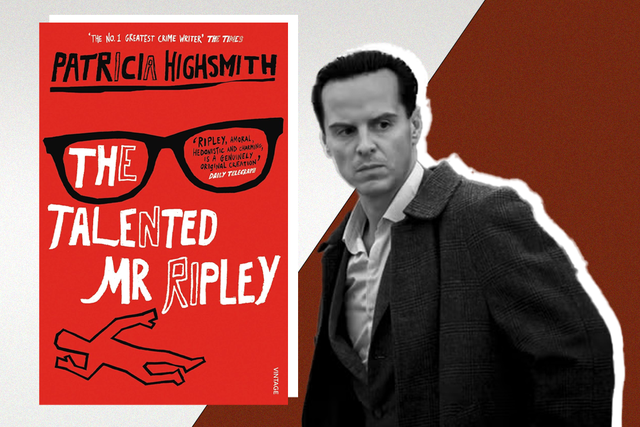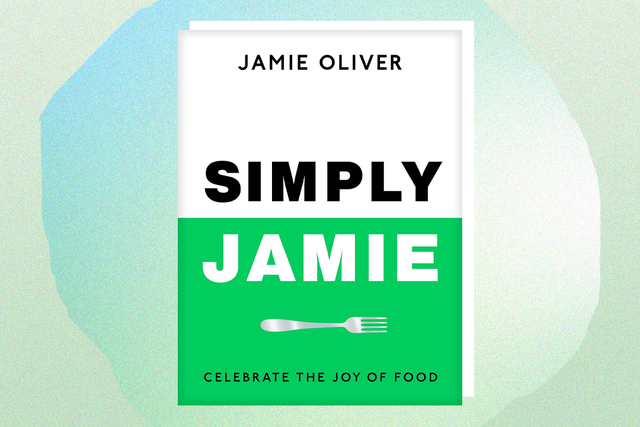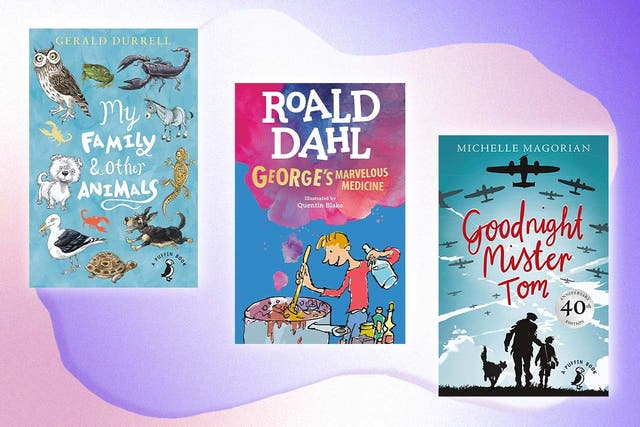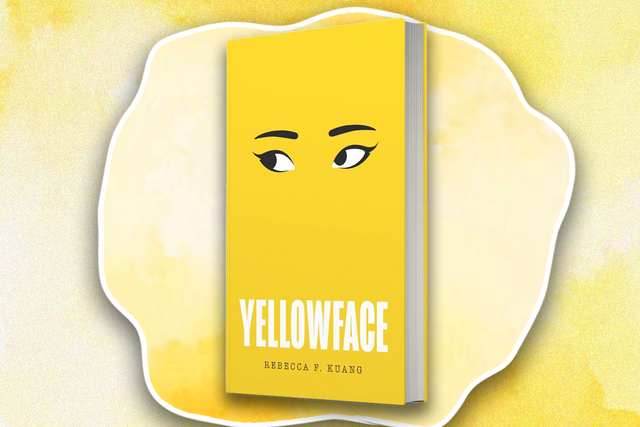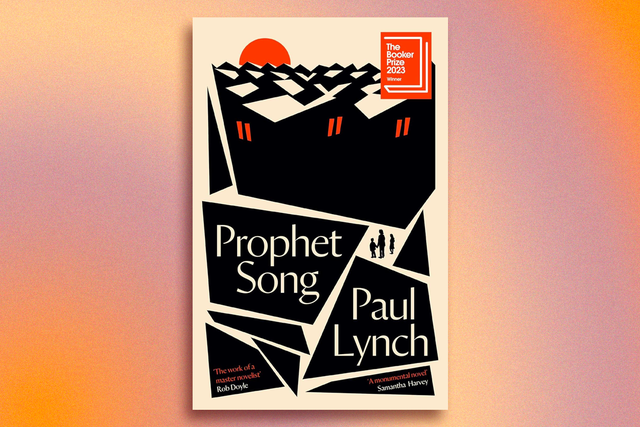Stay up to date with notifications from The Independent
Notifications can be managed in browser preferences.
Books
Whether you need a summer holiday read or lowdown on the hottest new releases, IndyBest's team of experts are self-confessed bookworms. From TikTok-viral fantasy (or "romantasy") novels to crime and psychological thrillers, we've reviewed books of every genre for every taste. Keeping you abrest of publishing industry news, our team reports on trending memoirs, Reese Witherspoon book club picks and highly-anticipated new novels. So, if you're short on reading inspiration, you're in the right place.
-modified.avif)
Fiction books
Find your next riveting read with IndyBest's fiction recommendations. From epic fantasy series like Game of Thrones to romantic favourites from authors like Marianne Keys or Curtis Sittenfeld, our team of experts and self-confessed bookworms read all the books first, so you don't waste any time picking up a dud. Whether you love crime or horror, our book reviewers know what makes a good story.
Non-fiction books
Whether it's a memoir of a former president, a tell-all title from a Nineties TV star, a travel guide or a cookbook to inspire your next meal, the IndyBest team of experts only recommends the "a href="https://www.independent.co.uk/extras/indybest/books/non-fiction-books/best-kids-non-fiction-books-reading-list-explain-world-homeschooling-a9478626.html" rel="follow">non-fiction books worth your time. Our reviewers test all the recipes in an air fryer cookbook and have a varied approach to choosing which book you should read next, from guides on how to live more sustainably to royal biographies and baby name books.










































































